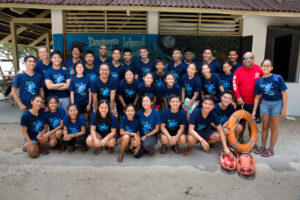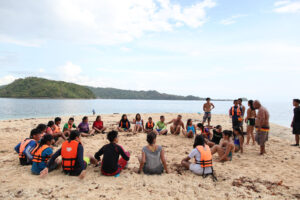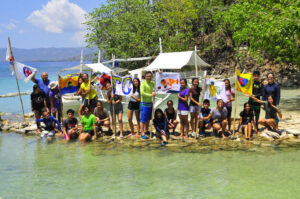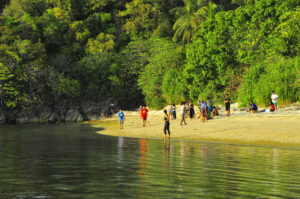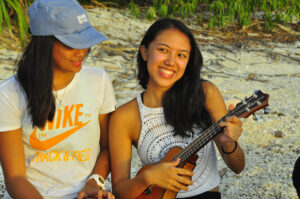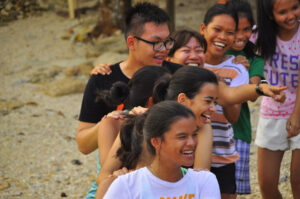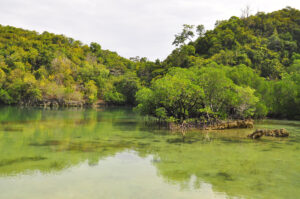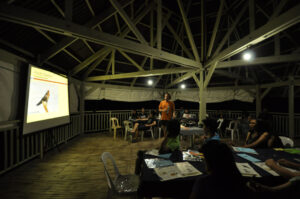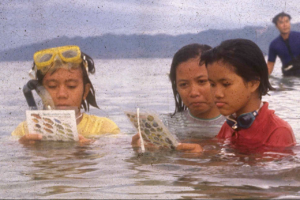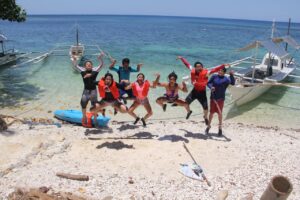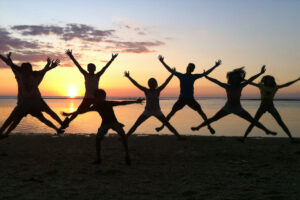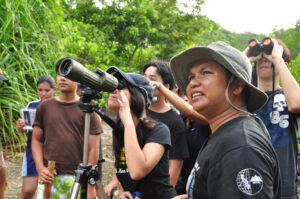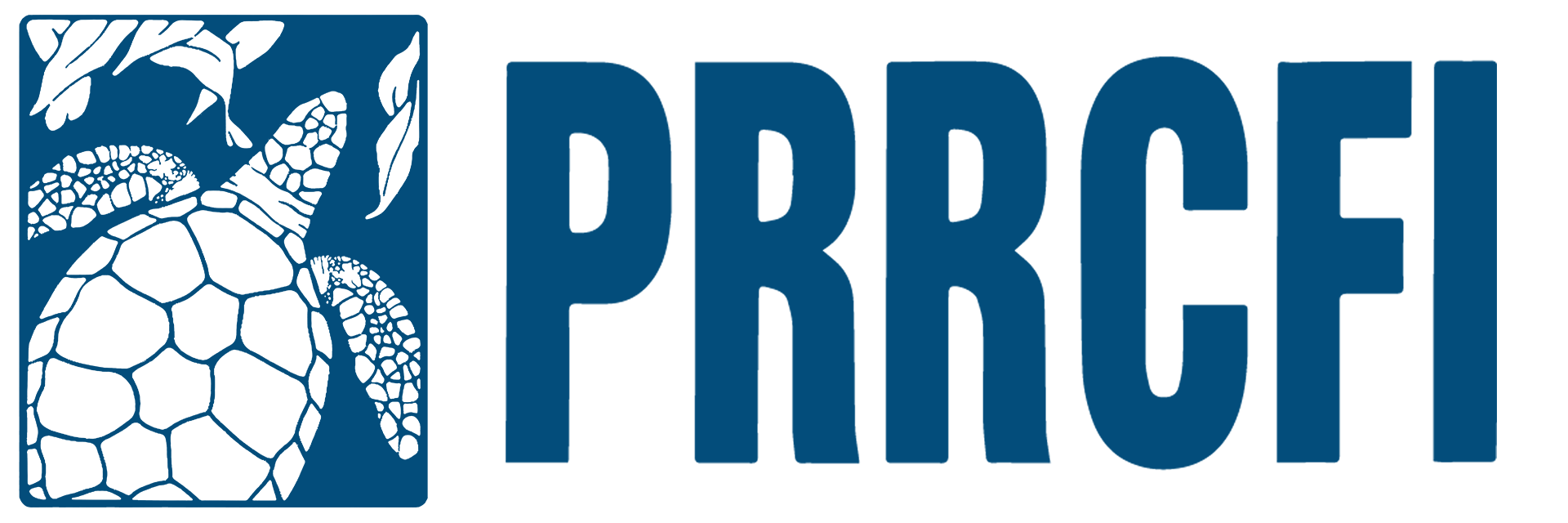Philippine Reef and Rainforest Conservation Foundation, Inc.
Marine & Wildlife Camps
Today's Youth, Tomorrow's Conservationist
If there is a defining program for PRRCFI, it is the Marine and Wildlife Camp which began in 1991, before the island’s acquisition. Every summer in the Philippines for over two decades, 12-17 year-olds from all over Negros – and now from other parts of the country and the world – come to live in the island for a period of time, with scientists, divers, and conservationists. Exploration of the island’s diverse ecosystems and encountering its wildlife, while learning skin diving or snorkeling, trekking, kayaking and birding, constitute the daily schedule. This experiential approach is key to the educational philosophy of the Marine and Wildlife Camp, as it nurtures not only the campers’ sense of wonder, but more so, their understanding of nature as our life support system. As they interact with professionals in the fields of science and conservation, they, too, find the inspiration and motivation to pursue similar careers and advocacies. And even if they do not become marine biologists or ecologists, it is the vision of the program that camp alumni turn this appreciation of nature into actions necessary for sustainable development, especially when they eventually take on leadership roles as adults.
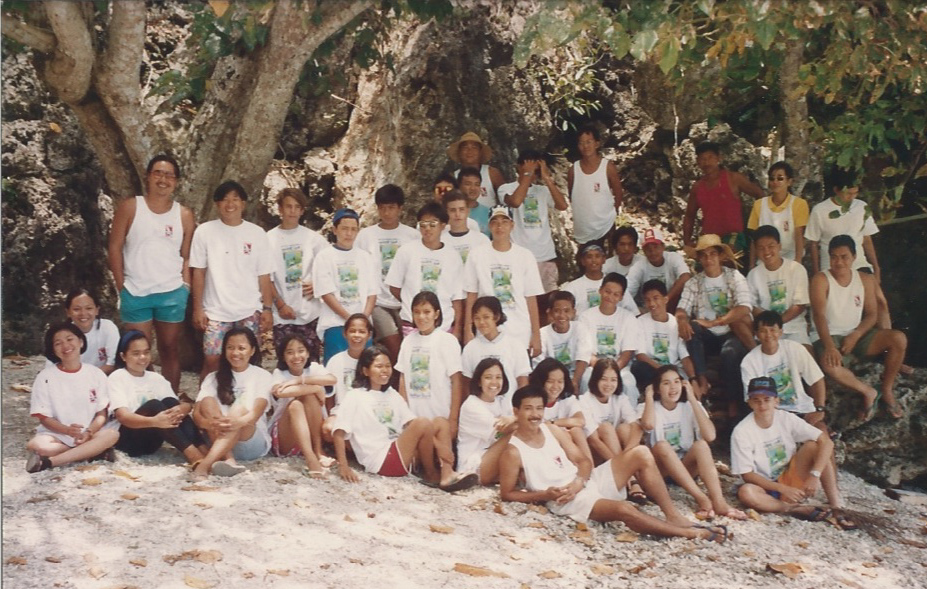
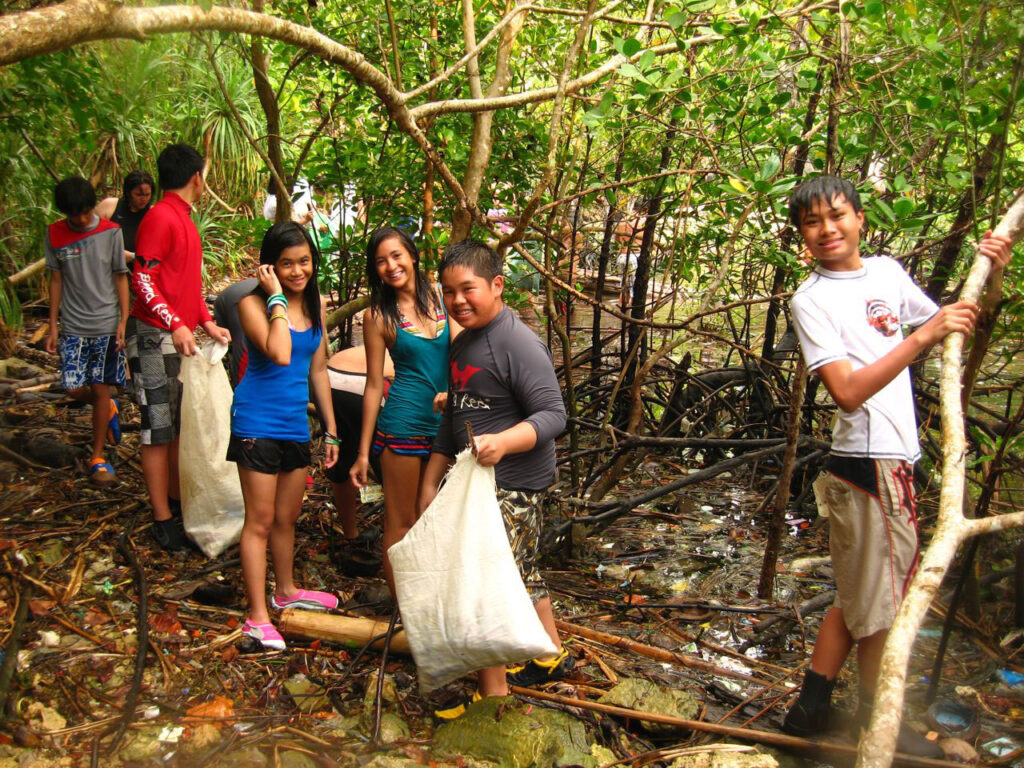
In camp, science lessons are always enriched with practical exercises such as fish and bird ID, coastal cleanups, and deep dive discussions on environmental threats such as climate change, plastic pollution, overfishing, and unsustainable agriculture. Exposure to fieldwork by scientists present in the camp also allows the campers to see for themselves the exciting possibilities of research and how it can contribute to a better understanding of our planet.
Danjugan now hosts at least six Marine and Wildlife Camps each year, expanding the program to also cater to different age and interest groups such as adults, entire families, schools, and organizations, even coming from the US, the UK, Japan, and Australia. Camp alumni around the world have formed a network of advocates much needed for conservation.
As eloquently put by Baba Dioum, a forestry engineer in the 1968 General Assembly of the International Union for the Conservation of Nature (IUCN): “In the end we will conserve only what we love, we will love only what we understand, and we will understand only what we are taught.”

